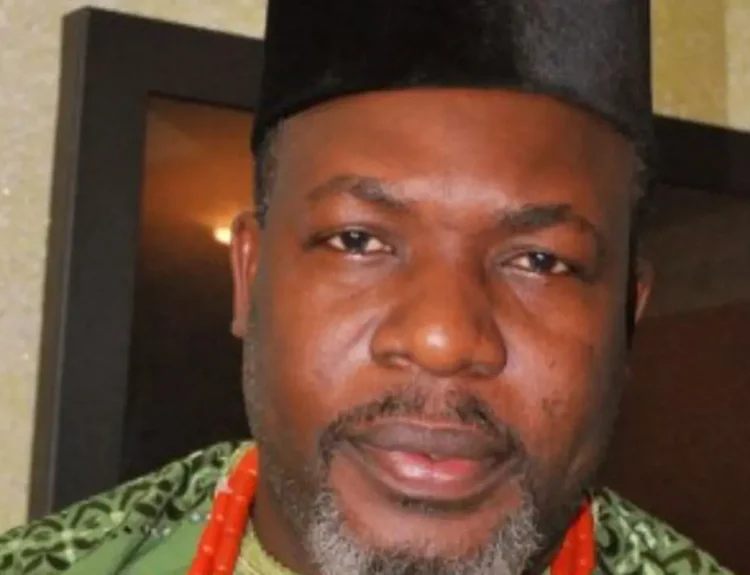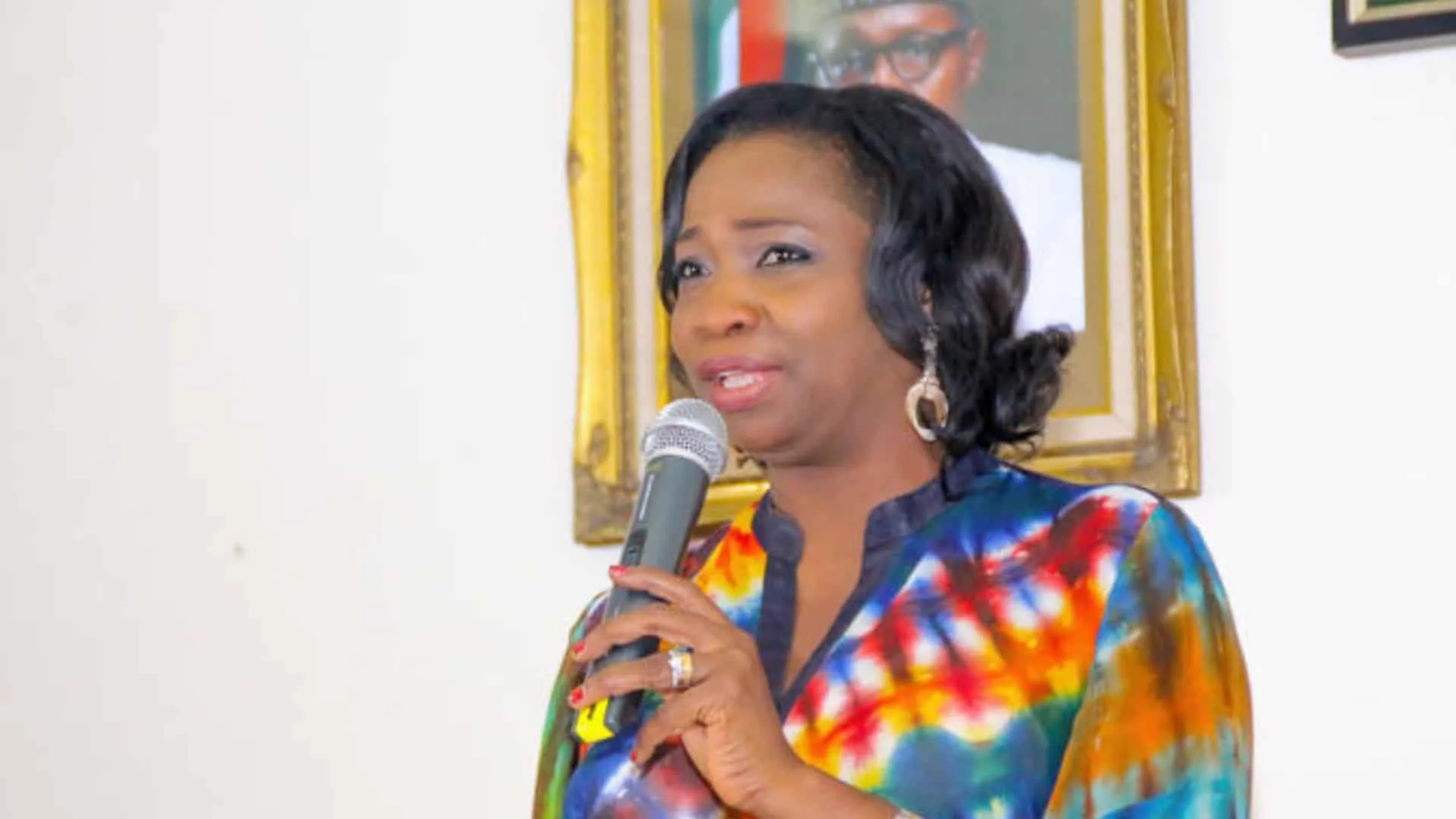The leadership of Enugu State indigenes in diaspora has urged politicians in the State to discard any system that would not produce the best governor for the State in 2023.
Chairman of the group, Chief Arinze Onuora, in a statement on Monday, said the State was in dire need of quality leadership that would provide sustainable growth and development.
“Enugu State, more than ever, needs credible leadership as we prepare for the 2023 general elections. Credible leadership is key and essential to any sustainable growth and meaningful development.
“In this dire moment of critical global economic challenges, sound and robust leadership is needed to drive the people and the economy out of the multifaceted economic woes.
“The need for a paradigm shift in our leadership considerations has become pertinent and imperative. Leadership is pivotal as everything revolves around it. The celebrated Silicon Valley is a product of competent leadership.
“The city of Dubai that has become the envy of nations, world tourist attraction and world commercial nerve centre, emanated from credible leadership.
“It is on this note and against this background that we, the Enugu State Indigenes in Diaspora, wish to appeal to our key political players and all actors in the system to jettison any approach that would not produce the best for the State in the governorship race.
“Taking a cue from the civilized Europe, where some of us reside, we are fully throwing our support to that approach or system that would produce the most credible Governor for Enugu State come 2023. However, the process starts now as we make our choice,” he said.
The group reiterated its call for a level playing field for all the governorship aspirants, irrespective of their local governments of origin.
They noted that “so long as such persons are from the State, they should be considered if they are competent, qualified and have something to offer in repositioning the State.”






2 Comments